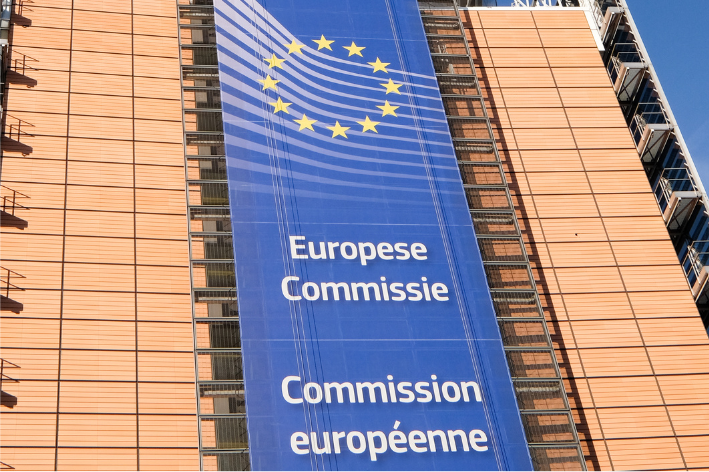On 17 September, European Commission President Ursula von der Leyen unveiled her new team of Commissioners for the next five years. Most of the important economic-related portfolios have been allocated to France, Spain and Italy – which all favour a more interventionist approach to the economy. Italy’s Commission nominee – Raffaele Fitto from Prime Minister Giorgia Meloni’s Brothers of Italy (FdI, ECR) party – is the designate Executive Vice-President for Cohesion Policy and Reforms, suggesting a thaw in tensions between von der Leyen and Meloni after FdI voted against von der Leyen’s re-election. By promoting cohesion policy from a regular commissioner role to an Executive Vice-President role, von der Leyen is also countering concerns that cohesion policy, making up a third of the EU’s spending, could lose out to new EU priorities, such as defence.
However, one should be mindful of shifting priorities in Brussels, which is reflected by the dominance of Central and Eastern European candidates for foreign, defence and security portfolios. This is particularly visible in the EU’s first-ever defence commissioner designate Andrius Kubilius (EPP, Lithuania), first-time Commissioner for Mediterranean designate Dubravka Suica (EPP, Croatia) and enlargement commissioner designate Marta Kos (Renew, Slovenia) who is particularly favourable to Western Balkans. Some civil society groups are also pointing out to a shift away from strong climate and environmental ambitions of the past mandate, towards a more significant focus on competitiveness and industrialisation.
In her Mission Letters to the new Commissioners, von der Leyen refers to a “new approach”, stressing the need for cooperation when it comes to interconnected challenges. This may imply a potential crossover between Commissioners, blurring the lines of responsibilities. The need for transparency, information flow and dialogue is also underlined, calling for a first edition of an annual Youth Policy Dialogue within the first 100 days. Commissioners are required to be “more present on the ground, more often and in more regions”, meeting representatives in regional or local areas helped by the EU network of local Councillors. Particular focus is placed on active communication and tackling disinformation. Citizen participation and a lasting culture of participative democracy is to be embedded in the Commission’s work whereas Implementation Dialogues ought to be organised regularly with stakeholders to align implementation with realities on the ground. The principles of proportionality, subsidiarity and Better Regulation are to be respected through wide consultations, impact assessments, a review by the independent Regulatory Scrutiny Board and a new SME and competitiveness check.
